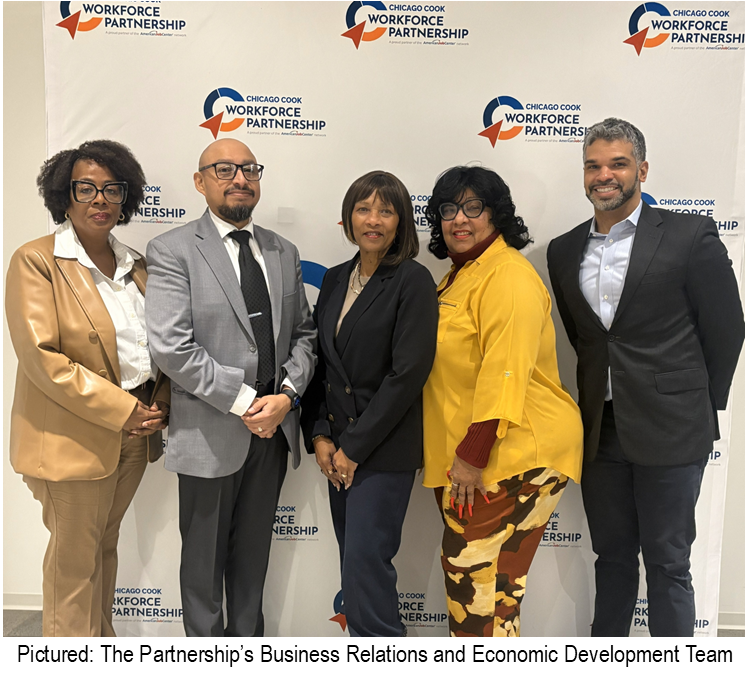Reentry doesn't happen in isolation. When a system-impacted individual walks through the doors of a program, they carry the hopes, challenges, and needs of an entire network, especially their family. The success of any reentry effort is closely tied to how well we support not just the participant, but also their loved ones who stand beside them.
In many ways, families are the collateral consequences of incarceration. While the term "collateral consequences" typically refers to the indirect penalties imposed on the person who was incarcerated, researchers, advocates, and reentry practitioners also use it to describe the ripple effects on that person's loved ones. They often bear the emotional burden, financial strain, and social stigma long after the sentence has been served. Families serve as the first line of support, offering encouragement, housing, childcare, and stability during a participant's transition, in some cases, even while facing their own challenges. Overlooking the needs of the family can unintentionally weaken the very progress our programs strive to achieve.
A whole-person, whole-family approach recognizes that when we invest in the family unit, we increase the chances of long-term success. This involves integrating family engagement strategies into the program design, from providing counseling, financial literacy workshops, and parenting support, to creating spaces where families can connect with community resources. It also means inviting families into the reentry process, helping them understand program goals, and equipping them with tools to navigate the transition alongside their loved one.
Without a doubt, families should be involved in both small and big wins. Celebrating milestones, whether it's completing a training program, landing a first job, or remaining stable for six months, reinforces hope, strengthens relationships, and fosters a shared sense of achievement. When families are included in these moments, they become active partners in the journey, not just bystanders.
When programs focus on the well-being of both participants and their families, we see stronger outcomes: higher retention, better employment stability, and deeper community reintegration. Reentry isn’t just about returning to society; it's about rebuilding a foundation where entire families can succeed.
Because when one person comes home, the whole family comes home.






